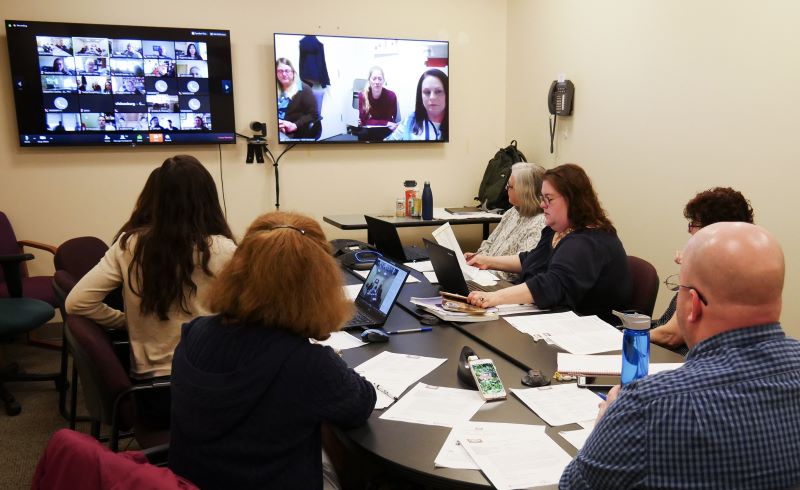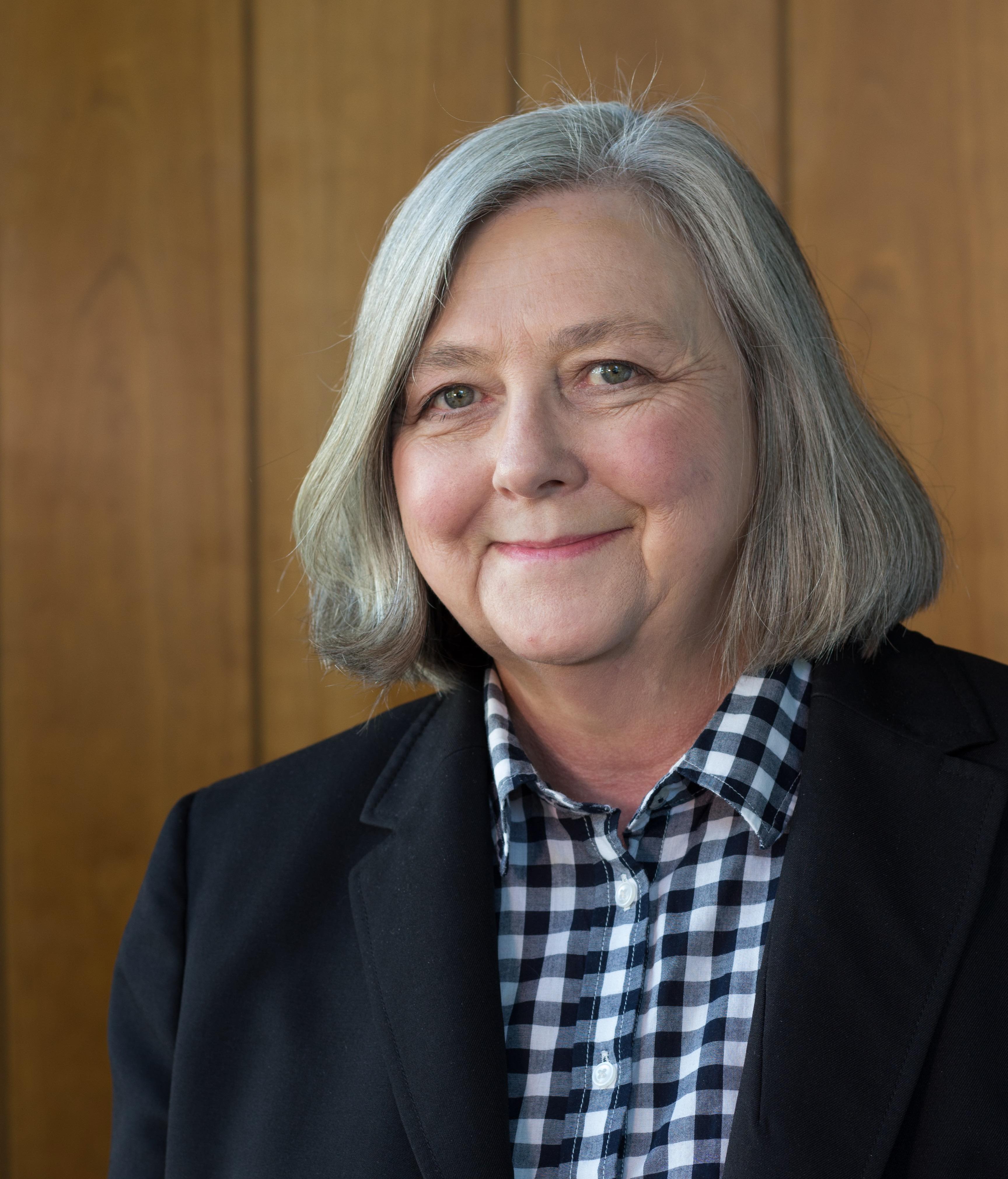In this Q&A, Project ECHO speaks with Dr. Jeanne Ryer, director of the New Hampshire Citizens Health Initiative, who founded the ECHO Hub at University of New Hampshire in 2018 – relatively late in her career in public health.
“I’m affectionately called the godmother of our ECHO Hub,” Ryer says. “When I first heard Sanjeev [Dr. Sanjeev Arora, founder of Project ECHO] speak, it was one of the three or four ideas in my whole career that made the hair go up on the back of my neck. I thought: there is something big about this. This is going to work.”
At the ground level in health systems, what is the difference the ECHO Model makes?
I have spent my whole life – since I was a teenager – trying to make positive change in the world. I learned a lot about what works and what doesn’t work.
And what I know is: ECHO is everything I thought it could be and more. It’s a way to bring people together, spread knowledge, and a whole sense of community. The difference is community.
One of the sweetest things we see at our ECHO programs is our faculty teams – our subject matter experts – have these meetings over a period of time that creates a real bond. It is just proof of itself. ECHO has been a lifeline for providers, for everybody who participates, and also for our staff.

One of the University of New Hampshire’s first ECHO programs was Medication for Addiction Treatment (shown above). Their ECHO Hub now has programs in mental health, nursing homes, palliative care and community outreach, with more than 1,500 participants in 30 states and five countries. Photo Credit: Not Known, 2018.
Why does the ECHO Model succeed in creating community?
Learning from each other in community creates responsibility, which then creates a change in every individual. It motivates them to grow and become better at what they do because they have not only knowledge, but practice, and a way to believe in themselves.
We saw this in the pandemic too, where our ECHO sessions provided clinical knowledge on preventing COVID-19 but iteratively, the ECHO sessions helped people find a community to cope and to grieve when we were dealing with a lot of isolation and burnout.
Can you share more about where gender equity is part of your work?
We have an innovative ECHO on reducing isolation for rural older adults (adults aged 65 years or older) post-pandemic. Women outnumber men as everyone ages, and rural women are particularly vulnerable because they have lower lifetime wage, less access to health care, and less access to transportation. Put them in a rural area and add COVID-19, and they were really vulnerable.
Our ECHO program has been helpful in bringing together not just healthcare workers but people who provide community support and services to older adults, helping them understand how to help people connect and reconnect in a way that will support their health.
For you as a person and as a professional who has been doing community health work for decades, what are some reflections you have on Project ECHO?
I’m clearly at the end of my career. For me, working on Project ECHO, and bringing it to a state I love has been particularly rewarding. If you were going to have a capstone for a career, this is definitely a good one to have.
Above all, we’re using the words love, compassion, joy, and trust a lot in our conversations at MetaECHO. That is all true. What we see is a tool originally created to transmit clinical knowledge, and that can still build that knowledge base, is also a tool to transmit and infect everybody with love, compassion, and trust.
For more information, visit the New Hampshire Citizens Health Initiative website.
Featured Image: A headshot of Dr. Jeanne Ryer; photo credit not known.


